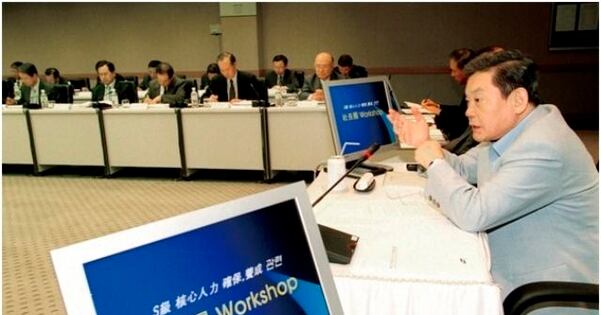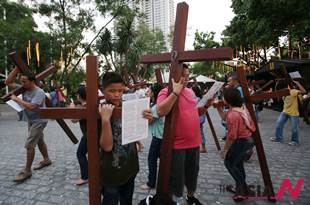On June 3, 2025, Lee Jae-myung of the Democratic Party of Korea was elected as the 21st President of South Korea. The AsiaN is publishing the hopes and expectations of Koreans for the new president and administration in both Korean and English editions. We welcome the interest, feedback, and constructive criticism of our readers.
The AsiaN Editorial Team

By Hwang Sung-hyuk,
Former Executive of Hyundai Group, CEO of Hwangha Trading Company
SEOUL: The late Chairman of Samsung, Lee Kun-hee, once bluntly stated, “Korea’s politics is fourth-rate, its administration third-rate, and its corporations second-rate.” Though painful, these words remain a stark reminder of the urgent need for political reform.
We must build a society where honest politicians are trusted, mothers who care for their families and fathers who work are respected, teachers who shape the future are honored, and young people forging their own paths are supported. This is the vision of a nation we must all work toward.
I sincerely wish blessings upon the newly elected President. This country belongs to its people. As someone chosen by the people, he is a leader appointed by both the nation and providence.
While the honor bestowed is great, so too is the burden of responsibility. I hope the President is endowed with the courage, patience, and wisdom to fulfill his duty and eventually return to life as a fellow citizen, having completed his mission with integrity.
Today, Korean society is losing its core values and philosophical compass. Trust in politics has declined, teachers are no longer respected as they once were, and some leaders lack honesty. Youth are plagued with anxiety about their futures, and work-life balance is under strain. Widespread distrust and confusion threaten the social fabric. It is the duty of politics to confront and address these issues comprehensively.
Korea has endured the suffering of Japanese colonial rule and the devastation of the Korean War. Yet through solidarity between the people and their leaders, Korea rose to become a globally admired industrial nation. We are a people of tremendous potential, with a track record of overcoming crisis.
Today, Korea enjoys international recognition in semiconductors, automobiles, shipbuilding, batteries, and K-culture. However, industries are facing worsening labor shortages. Our increasing dependence on foreign labor reveals not just a lack of manpower, but structural issues—insufficient incentives and poor working conditions. It is a mistake to attribute young people’s reluctance to work solely to personal attitude. When welfare systems are distorted and labor is not properly rewarded or respected, motivation declines. We need systems that offer fair compensation, dignity in work, and opportunities for the ambitious to thrive.
Korea’s passion for education and its system once drew global acclaim and were key to national growth. Now, concerns are rising about declining educational quality and weakened teacher authority. Restoring respect for educators requires not just their own efforts, but also societal support.
The family remains a cornerstone of our society. Recent changes in family structure and roles—such as the rise in dual-income households—are driven by economic realities like housing costs. Rather than blaming dual-income status or women’s social advancement, we must improve social systems that help balance work and family life. For example, Singapore has expanded public housing to ensure residential stability. Likewise, we need a framework where communities share responsibility for child-rearing and care. In the U.S., too, there is a renewed emphasis on family values.
Lee Kun-hee’s critique— “fourth-rate politics, third-rate administration, second-rate business”—is still painfully relevant, serving as a call to reform. A society where trust, respect, and encouragement flourish is the Korea we must shape together.
I sincerely hope President Lee’s leadership will guide Korea toward becoming such a nation. Congratulations once again on your election.



